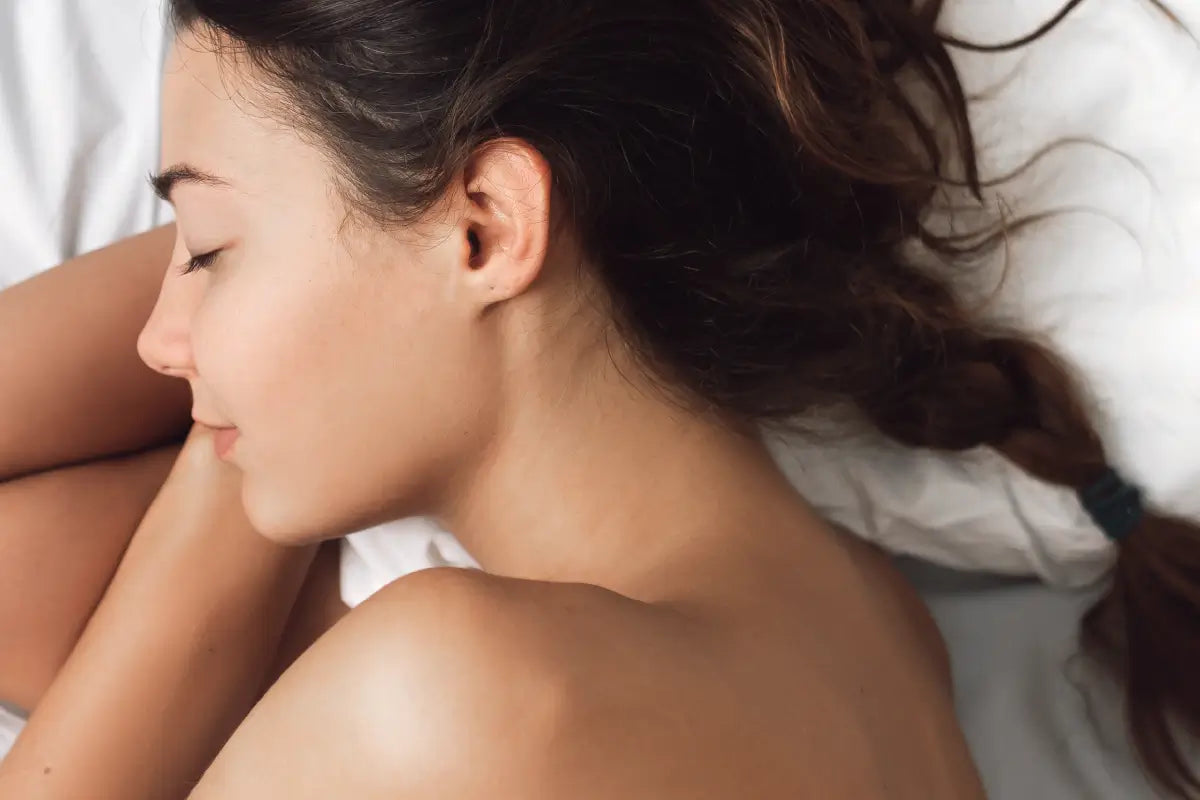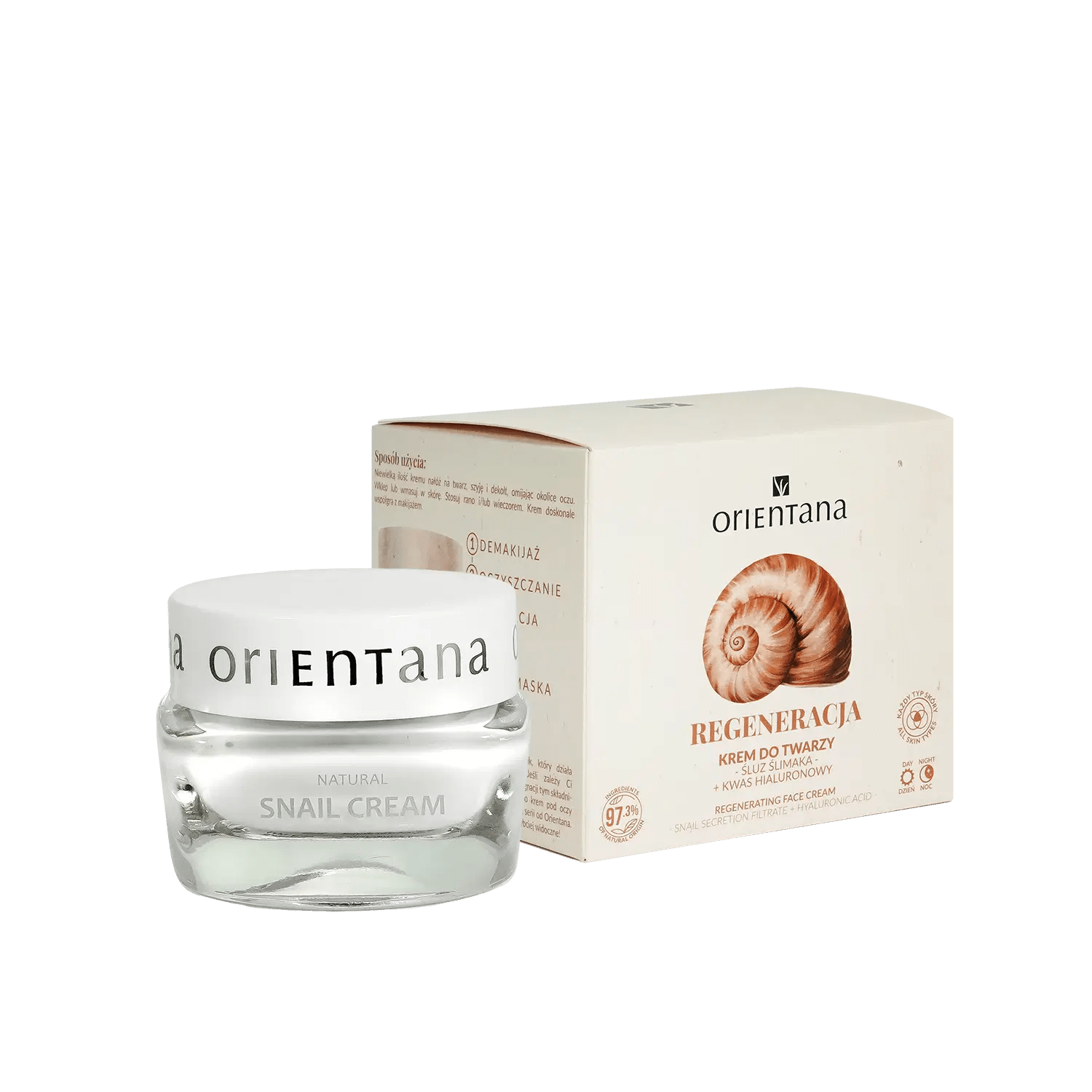Evening hair care is a ritual that can determine the condition of your hairstyle. At night, your hair and scalp are not exposed to UV radiation, wind, or smog, making it the perfect time to regenerate. It's worth knowing that hair grows on average about 1-1.5 cm per month (research by the American Academy of Dermatology), and its life cycle is strongly linked to the health of your scalp. Regular evening routines can significantly accelerate hair growth, reduce breakage, and improve shine.
- hair is not exposed to UV radiation, wind or pollution,
- the scalp rests from mechanical factors such as styling or brushing,
- you can provide them with 6–8 hours of uninterrupted contact with nutrients – that's the average sleep time of an adult.
- improve hair elasticity,
- reduce the breakage of strands,
- and also reduce hair loss.
Cleansing the scalp and hair
Cleansing your hair and scalp in the evening is the foundation of healthy hair care. Throughout the day, impurities accumulate on your hair: dust, dirt, styling residue, and sebum. If left untreated, they can block hair follicles, cause itching, and even exacerbate hair loss. Studies show that accumulated environmental pollutants can increase oxidative stress in the scalp by up to 40% (International Journal of Cosmetic Science, 2019).
How to properly cleanse your hair in the evening?
My practical tips:
If you don't want to use a hairdryer, wrap your hair in a microfiber towel - it absorbs water faster than classic cotton.
Dry your hair with a cool airflow – hot air can damage the hair cuticle and dry out the scalp.
Moisturizing and nourishing the length of hair
After cleansing, hair requires replenishing moisture and protecting against moisture loss. Hair fibers are composed of over 90% protein (primarily keratin) , but it's the water content—which accounts for approximately 10-15% of hair's weight —that determines its elasticity and flexibility. Research shows that even a 5% loss of moisture makes hair more brittle and susceptible to mechanical damage (Journal of Cosmetic Science, 2018).
Why is evening the best time to moisturize?
During the night, the hair is not exposed to external factors (UV, wind, smog).
On average, 6–8 hours of sleep is the time during which active ingredients have the opportunity to penetrate the hair structure and work in a calm environment.
Application studies show that regular use of moisturizers in the evening can improve hair shine and reduce frizz (International Journal of Trichology, 2020).
For sleep, choose Indian Jasmine Mist or Trycho Lychee Hair Serum.

Both products moisturize hair very well and smell wonderful, although Indian jasmine has a stronger scent. The scent of the Indian jasmine mist affects our well-being. We've tested this, and the mist, by enveloping us in its fragrance, helps reduce stress and tension and has a relaxing and soothing effect.
TrychoLitchi serum for the whole hair not only moisturizes it but also strengthens it, reduces brittleness and hair loss associated with hair damage.
How to use in the evening?
- Comb your hair to distribute the product evenly.
- Shake the bottle. Spray along the length of your hair, avoiding the roots to avoid weighing it down.
- For better results, protect the ends with additional natural oil (e.g. a few drops of hair oil).
- You can leave your hair loose or tie it into a loose braid , which will also prevent it from tangling while you sleep.
Thanks to such simple evening steps, hair becomes more resistant to damage, and its structure gains elasticity and a healthy shine.
Night lotions – support for the scalp
Ayurvedic Amla hair tonic (100 ml)
Description and formula:
This light, non-overburdening lotion (almost 100% natural ingredients) combines Ayurvedic traditions with modern care. Its formula is based on amla (Indian gooseberry) extract, making it ideal for combating hair loss and strengthening hair follicles.
Action:
Key active ingredients:
- Amla (Indian gooseberry) - a strong antioxidant with strengthening and anti-hair loss properties
- Neem (Melia azadirachta root extract) – anti-dandruff and cleansing properties
- Centella asiatica (Asian pennywort) - stimulates microcirculation and regeneration
- Eclipta alba - stimulates growth and reduces hair loss
- Fenugreek, rosemary - support hair growth, strengthen the bulbs
- Menthol - has a cooling and soothing effect
For whom?
Trichological hair lotion Lychee + Arginine + Baicapil™
Description and formula:
Action:
- Increases hair density,
- increases the rate of hair growth,
- reduces hair loss
Key active ingredients:
- Baicapil™, arginine, lychee extract, quinine - stimulate hair follicles to grow, support microcirculation and the condition of hair bulbs
- Sodium lactate, aloe, panthenol - moisturize, soothe the scalp and strengthen the hydrolipid barrier
For whom?
How to incorporate them into your evening skincare routine? 6 rules
- Use after washing your hair (or cleansing your scalp) in the evening.
- Ayurvedic Amla Tonic: perfect for the daily need for freshness and growth stimulation.
- Trichological lotion TrychoLiczi + Baicapil™: a great choice when focusing on growth and density.
- A gentle scalp massage (2–3 minutes) promotes absorption and relaxation.
- Do not rinse – leave the product to work while you rest overnight.
- Regularity is key: at least 3 months – this is the time during which hair follicles can undergo a full growth cycle.
Evening rituals to improve the condition of your hair
Combing before bed
-
prevent hair from tangling at night,
- distribute natural sebum from the roots to the lengths, which strengthens the protective barrier.
Loose updos
- loose braid – reduces tangling,
- a soft hairband or velvet band that does not break the hair,
- low ponytail – gives slightly wavy strands in the morning.
Satin or silk pillowcase
- reduce friction,
- reduce breakage of ends,
- reduce moisture loss by 43% (Cosmetic & Toiletries, 2020).
Relaxation and scalp massage
Evening hair care products
-
Indian Jasmine Orientana Hair Mist – lightly moisturizes and smoothes hair, adds shine, reduces frizz.
-
Orientana trichological lotions – work intensively during sleep, supporting hair growth and reducing hair loss.
- Orientana Trycho Lychee Conditioner-Mask – applied only to the length of the hair, provides deep hydration and regeneration.
The most common mistakes in evening hair care
Some habits sabotage the results of daily care. It's worth eliminating them:
1. Sleeping with wet hair
Wet hair is much more susceptible to mechanical damage – its strength decreases by up to 40% . Sleeping in wet hair can lead to breakage, brittleness, and increased hair loss.
2. Too tight updos
Elastic bands with metal elements, tight buns, or ponytails cause micro-damage and so-called traction alopecia – hair loss caused by tension in the follicles.
3. No tip protection
The ends are most susceptible to damage and dryness. Without protection (e.g., with oil or mist), they can become brittle and lose their shine more quickly.
4. Bad pillowcase
Cotton pillowcases, while popular, tend to increase frizz and absorb moisture. Swapping them for satin or silk is a simple change that delivers long-lasting results.
5. Ignoring evening skincare routine
Many people focus solely on morning styling, skipping the nighttime ritual. However, nighttime is a key time for regeneration – hair has 6–8 hours to absorb active ingredients and rest.









